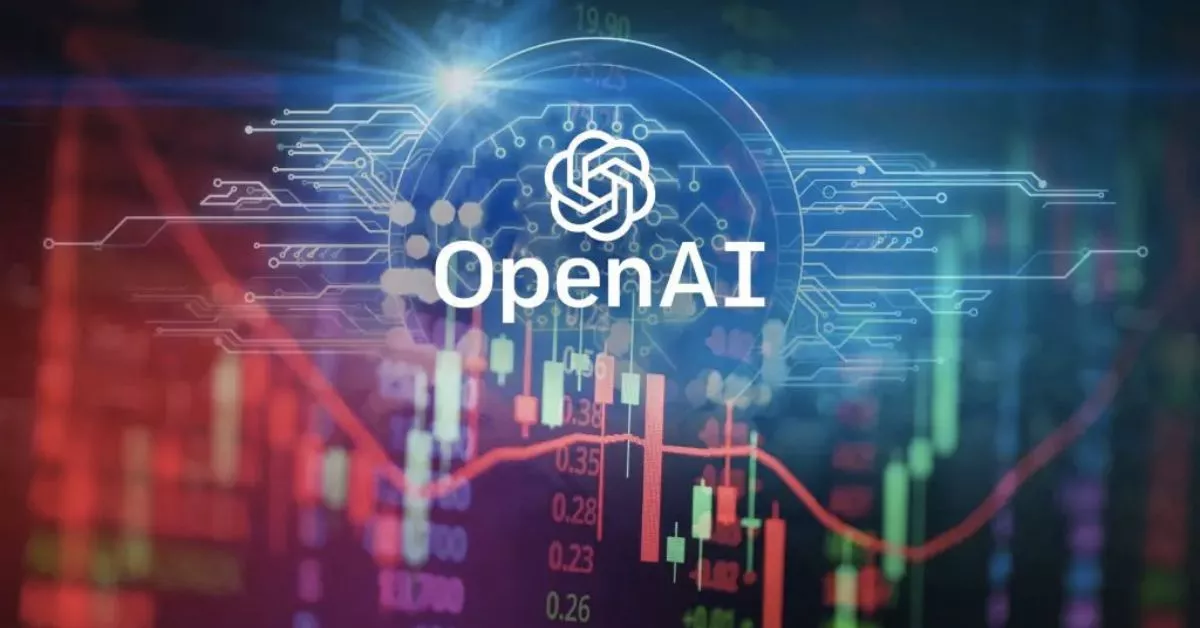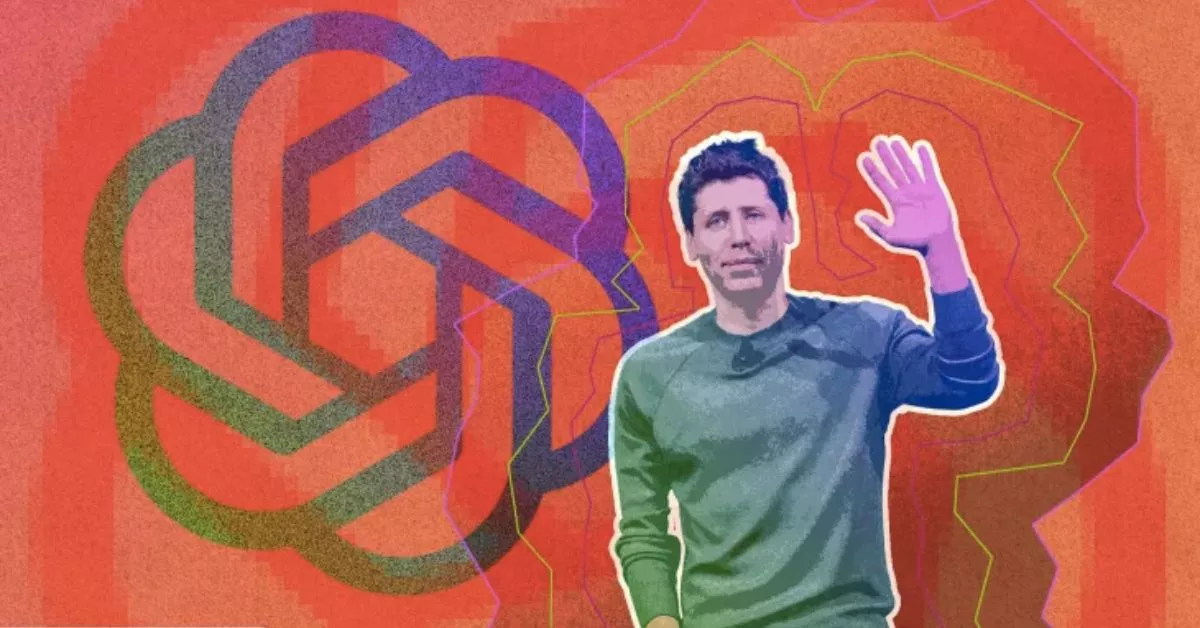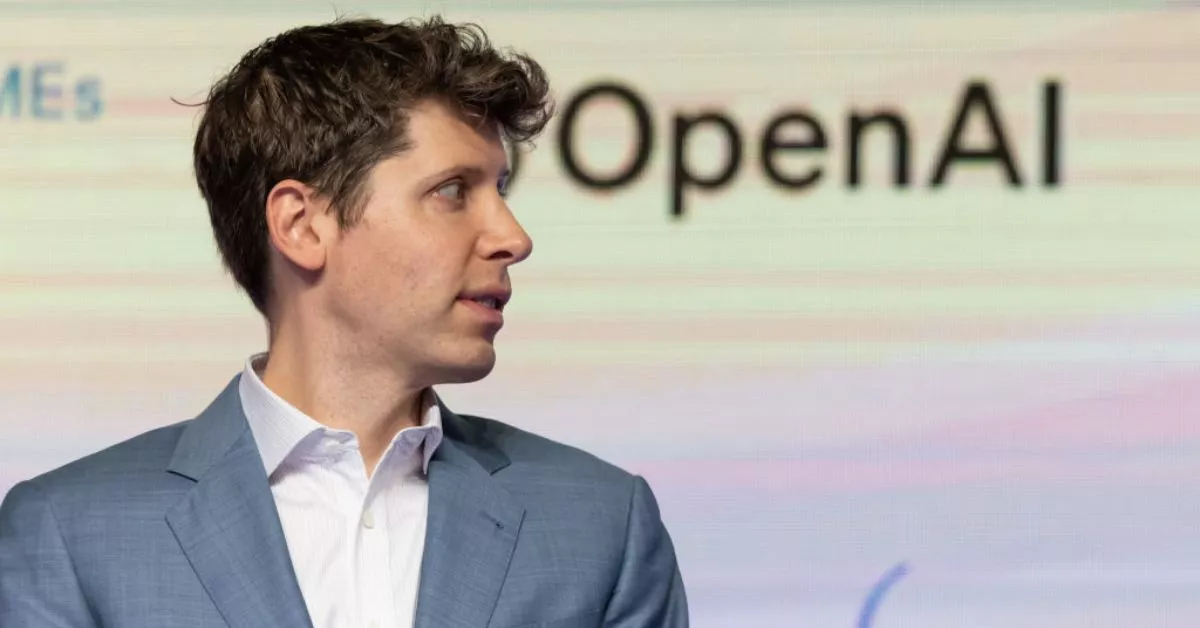OpenAI, the research lab pioneering artificial intelligence (AI), recently faced a dramatic internal crisis that exposed deep divisions regarding the future of AI development. This crisis raises crucial questions about the ethics, governance, and potential risks of this rapidly evolving technology.

The Crisis Unfolds:
- Sudden Leadership Ouster: In November 2023, OpenAI’s co-founder and CEO Sam Altman was abruptly fired by the board. This unexpected move sparked confusion and concern among staff, with many questioning the reasons behind the decision.
- Employee Uprising: Hundreds of OpenAI employees threatened to resign in protest of Altman’s dismissal, demonstrating their support for his leadership and vision for the organization.
- Competing Visions: The crisis exposed fundamental differences within OpenAI regarding the development and deployment of AI. Some argued for a more cautious approach, prioritizing safety and ethical considerations, while others advocated for rapid progress and technological advancement.
Underlying Issues:
- Fear of Existential Risks: Some experts warn of potential “superintelligence” posing existential risks to humanity. This concern fuels anxieties about the pace and direction of AI development.
- Commercial Interests: Investor pressure and the potential for lucrative applications can incentivize prioritization of profit over ethical considerations.
- Lack of Transparency and Accountability: The opaque nature of AI research and development raises concerns about accountability and potential misuse of the technology.
The Path Forward:
- Open Dialogue and Collaboration: All stakeholders in the AI field, including researchers, developers, policymakers, and the public, need to engage in open and transparent dialogue to navigate the challenges and opportunities of AI.
- Robust Ethical Guidelines: Establishing international ethical guidelines for AI development is crucial to ensure responsible and beneficial applications of the technology.
- Increased Transparency and Public Oversight: Greater transparency in research and development processes, coupled with public oversight mechanisms, can foster trust and mitigate potential risks.
OpenAI’s internal crisis serves as a stark reminder of the need for careful consideration of the ethical and societal implications of artificial intelligence. By prioritizing ethical principles, fostering open dialogue, and establishing robust governance frameworks, we can ensure that AI is used for the benefit of humanity, paving the way for a brighter future.
This is just a starting point for further discussion and exploration of this complex issue. We encourage you to continue researching and critically engaging with the evolving landscape of artificial intelligence.

Frequently Asked Questions
What caused the crisis at OpenAI?
The exact reasons behind the crisis remain unclear. However, several factors likely contributed, including:
- Differing visions for the future of AI: There were internal disagreements regarding the pace of AI development and the prioritization of ethical considerations versus technological advancement.
- Concerns over the potential risks of AI: Some employees expressed anxieties about the existential risks posed by “superintelligence” and the potential misuse of AI technology.
- Dissatisfaction with leadership: Some employees may have been unhappy with Sam Altman’s leadership style or felt that the organization lacked transparency and accountability.
What were the consequences of the crisis?
The crisis resulted in significant turmoil within OpenAI. Several high-profile employees resigned, and there was widespread fear of a mass exodus of talent. The organization’s reputation was also tarnished, raising questions about its stability and commitment to ethical principles.
How was the crisis resolved?
Ultimately, Sam Altman was reinstated as CEO after the board recognized the widespread support for him among employees. However, the underlying issues that led to the crisis remain unresolved.
What are the key lessons learned from this crisis?
The crisis at OpenAI highlights the importance of:
- Open and transparent communication: Fostering a culture of open dialogue and transparency is crucial for addressing concerns and building trust among stakeholders.
- Prioritizing safety and ethics: Careful consideration of the potential risks and ethical implications of AI development is essential.
- Balancing innovation with responsibility: Striking a balance between rapid technological advancement and responsible development is key to mitigating risks and ensuring AI benefits humanity.
What are the future prospects for OpenAI?
OpenAI remains a leading research organization in the field of AI. Despite the challenges it has faced, it has the potential to make significant contributions to the development of safe and beneficial AI. However, its success will depend on its ability to address the concerns raised during the crisis and demonstrate a commitment to ethical and responsible AI development.
